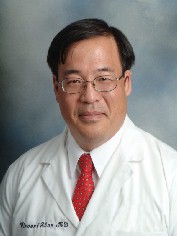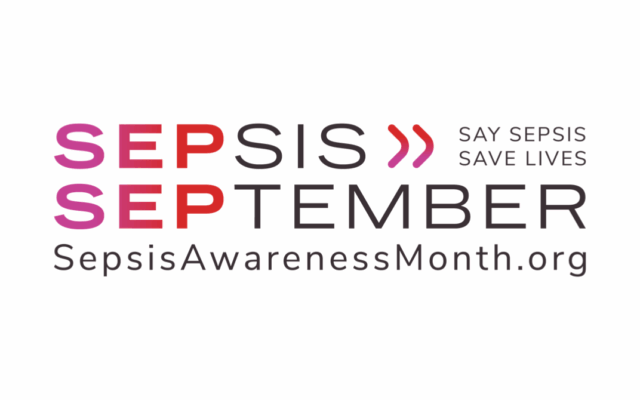
Speech and Language Disorders Common in Children
Welcome to May, a month dedicated to honoring the significance of all forms of communication and hearing in our everyday lives! Better Speech and Hearing Month serves as a reminder of the vital role that speech, language, and hearing play in our daily interactions, relationships, and overall well-being in addition to highlighting the value of Speech Language Pathologist’s in our community.
Speech Language Pathologists specialize in working with patients from birth through end of life presenting with a variety of diagnoses/deficits. Examples include but are not limited to; Autism Spectrum Disorder, Speech Sound Disorders, Receptive/Expressive Language Disorders, Augmentative and Alternative Communication, Dysphagia/Feeding Disorders, Fluency Disorders (stuttering), Craniofacial Abnormalities (including Cleft Lip and Palate), Traumatic Brain Injuries, and Neurodegenerative Diseases.
Oaklawn Pediatric Therapy is honored to provide speech, language, and feeding/swallowing therapy services by licensed Speech Language Pathologists to our treasured pediatric community. We specialize in providing neurodiversity affirming child-led play-based therapy interventions to pediatric patients presenting with a variety of abilities and diagnoses.
While communication may appear to come naturally to many, for some children, it can be a daily struggle. Speech and language disorders, hearing impairments, and other communication difficulties can significantly impact a child’s ability to express themselves and engage with the world around them. Speech and language disorders often have implications outside of communication itself, and can impact a child’s ability to create and sustain relationships with peers, their educational success, as well as emotional and behavioral development.
The following are select broad milestones that if not met, may be indicators that your child may need an evaluation by a licensed Speech Language Pathologist.
- 1 year: Child has and consistently uses 1-2 simple words, enjoys back and forth play/simple games, responds to simple requests, looks/turns body towards direction of sound, seeks out attention, attempts to imitates sounds.
- 1-2 years: Child has 50-70 words by age 2, appears to be acquiring novel words/sounds each week, understands simple questions, seeks out social attention and relationships, knows common objects when named, uses some 2-word phrases, accurately uses simple phonemes (speech sounds) such as /p/, /b/, /m/, /n/, /w/, etc.
- 2-3 years: Child should be “easy” to understand by familiar listeners, has a word for most things, engages in a variety of play types (pretend, functional, symbolic, etc.), seeks out social relationships, using 2-3 word phrases. Using phonemes (speech sounds) such as /t/, /d/, /k/, /g/, etc.
- 3-4 years: Child is understood by both familiar and unfamiliar listeners about 90% of the time, uses short sentences, retells events, expanding play and social skills.
- 4-5 years: Child communicates effectively and with ease with all conversation partners, uses almost all speech sounds correctly with the exception of late developing speech sounds such as /r/, /th/, /s/, /ch/ and /sh/, seeks out and sustains social relationships, follows age-appropriate verbal directions.
- 5-6 years: Child communicates effectively and with ease to all communication partners, using phonemes (speech sounds) such as /s/, /sh/, /ch/, /j/, and /r/. Understands prepositional concepts. Answers “wh” questions appropriately. Is able to understand and follow through on both familiar and novel directions. Continuously acquiring new vocabulary.
*Additionally, it is noted that if at any age, you have concerns regarding your child’s ability to safely consume an age-appropriate diet (e.g. choking on solids, difficulty transitioning to new foods, aspiration on liquids, food/liquid coming out of nose, etc.) that you reach out to your child’s pediatrician to inquire on if your child may benefit for a referral to a licensed Speech/Language Pathologist for feeding/swallowing therapy intervention.*
It is urged that if you have any concerns regarding your child’s speech, language, or feeding/swallowing development, that you request a referral for an evaluation for speech/language therapy services through your child’s primary care physician.
As a community, we all have a role to play in fostering inclusive environment for our pediatric population. Simple acts of kindness and understanding, such as speaking clearly, patiently listening, and being mindful of other’s communication needs, can make a world of difference. By embracing diversity in communication styles and accommodating different abilities, we create a more inclusive and compassionate community where everyone feels valued and heard.
Our goal at Oaklawn is to support and assist in your child’s development and unique needs whilst fostering an engaging and welcoming environment where children can thrive as unique individuals.

